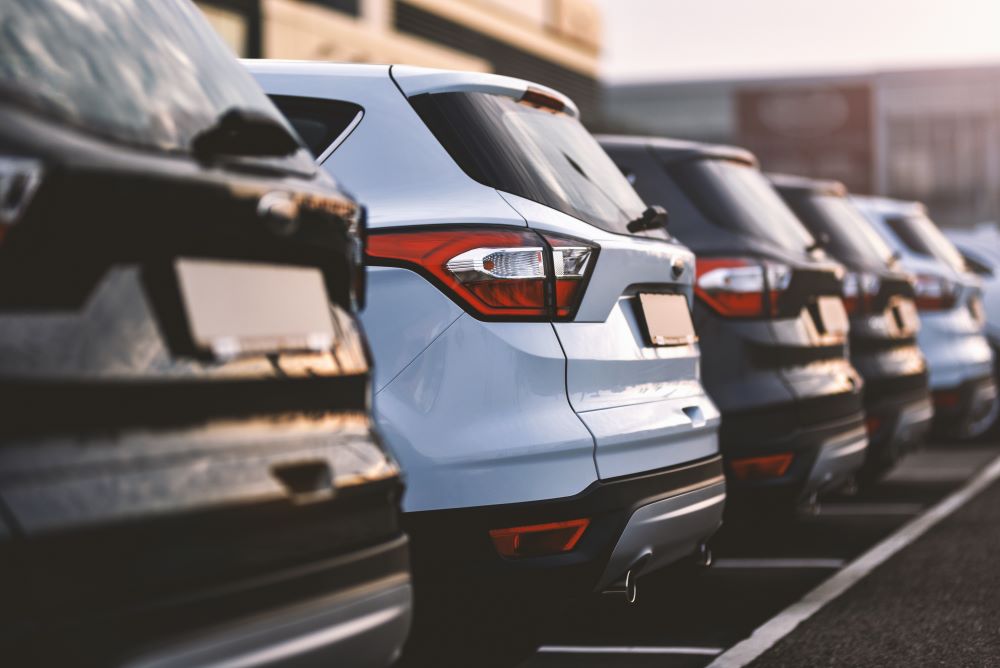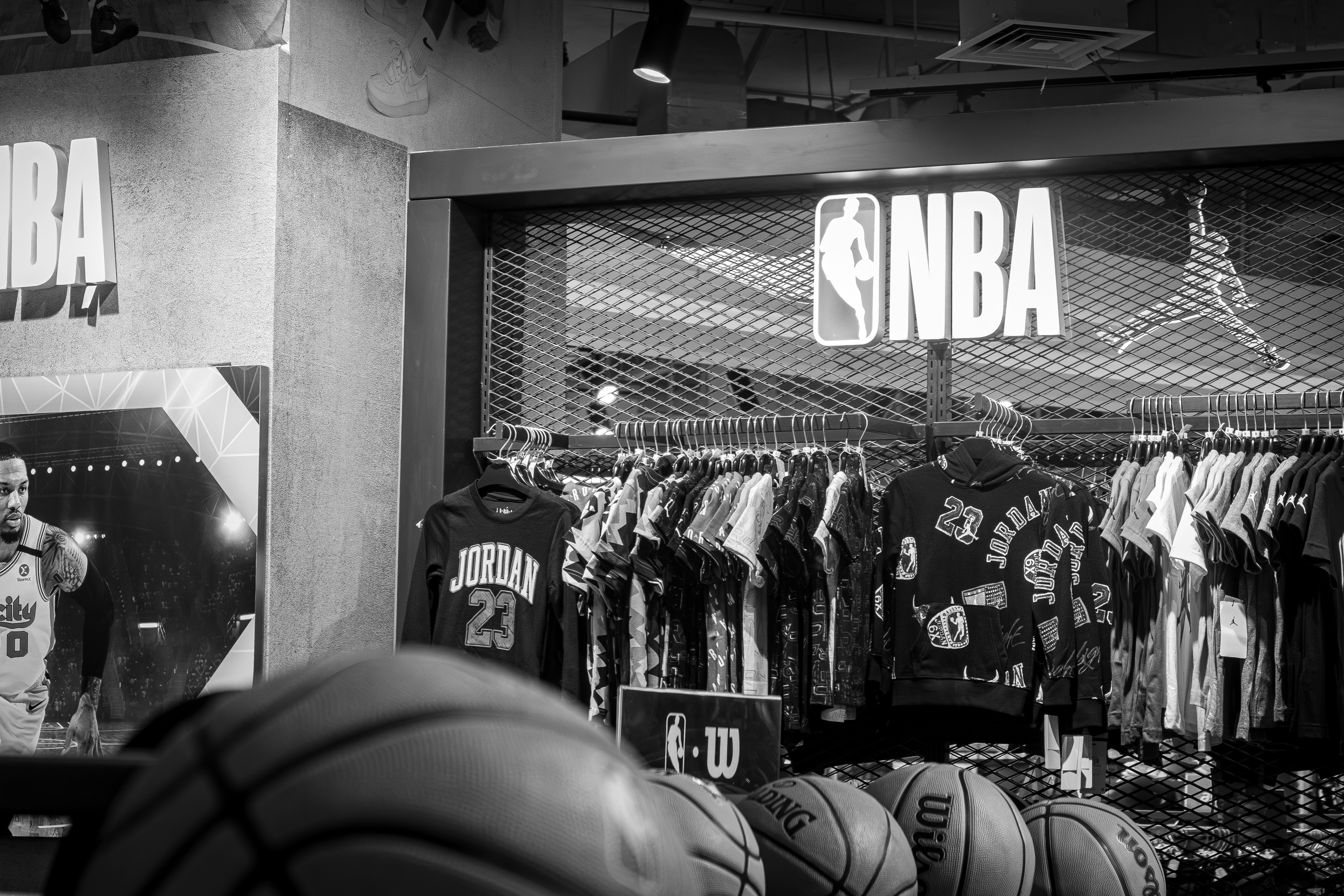A Guide to Buying Affordable and Reliable Cars from Police Impound Auctions
Police impound auctions are a budget-friendly way to buy a car. This offer a unique opportunity to purchase vehicles that have been confiscated or abandoned, often at competitive prices. Understand how these auctions work, what to consider before bidding, and how to assess a vehicle’s condition to make an informed decision.

How do police impound auctions work?
Police impound auctions are events where law enforcement agencies sell vehicles that have been seized, abandoned, or unclaimed. These auctions can be held in-person or online, depending on the jurisdiction. Typically, the process begins with a preview period where potential buyers can inspect the vehicles. On auction day, participants register and receive bidding numbers. The auctioneer then presents each vehicle, and interested buyers place bids. The highest bidder wins the car, subject to meeting the reserve price if one is set.
What should you consider before bidding on an impounded car?
Before participating in a police impound auction, it’s crucial to do your homework. Research the makes and models of cars you’re interested in, including their market values and common issues. Set a budget and stick to it, factoring in potential repair costs. Familiarize yourself with the auction rules and payment requirements. It’s also wise to check if you’ll need to arrange for towing, as some impounded vehicles may not be in drivable condition.
What strategies can you use for successful bidding?
To increase your chances of success at a police impound auction, arrive early to thoroughly inspect the vehicles you’re interested in. Take notes on their condition and set a maximum bid for each. During the auction, remain calm and avoid getting caught up in bidding wars. Start with a low bid and incrementally increase as needed. If you’re new to auctions, consider attending a few as an observer to get a feel for the process before actively participating.
How can you assess a vehicle’s condition at an impound auction?
Assessing a vehicle’s condition is crucial when buying from a police impound auction. Start with a visual inspection, looking for signs of damage or neglect. Check the body for rust, dents, or mismatched paint. Examine the tires for wear and the interior for cleanliness and damage. If possible, start the engine and listen for unusual noises. Check fluid levels and look for leaks. While you may not be able to test drive the car, a thorough inspection can give you valuable insights into its condition.
What are the potential risks and benefits of buying impounded cars?
Purchasing a car from a police impound auction can offer significant savings, but it also comes with risks. On the plus side, you might find a well-maintained vehicle at a fraction of its market value. However, these cars are typically sold as-is, without warranties or guarantees. There’s a risk of buying a vehicle with hidden mechanical issues or a problematic history. It’s essential to weigh these factors carefully and be prepared for potential repair costs.
What are the typical prices for cars at police impound auctions?
Prices at police impound auctions can vary widely depending on the vehicle’s make, model, condition, and demand. Generally, you can expect to find cars priced significantly below their market value. Here’s a comparison of average prices for common vehicle types at impound auctions versus typical used car prices:
| Vehicle Type | Avg. Impound Auction Price | Avg. Used Car Price |
|---|---|---|
| Sedan | $2,000 - $5,000 | $8,000 - $15,000 |
| SUV | $3,000 - $7,000 | $12,000 - $25,000 |
| Pickup Truck | $2,500 - $6,000 | $10,000 - $20,000 |
| Luxury Car | $5,000 - $15,000 | $20,000 - $40,000 |
Prices, rates, or cost estimates mentioned in this article are based on the latest available information but may change over time. Independent research is advised before making financial decisions.
In conclusion, police impound auctions can be an excellent way to find affordable vehicles, but they require careful preparation and a willingness to take on some risk. By understanding how these auctions work, considering all factors before bidding, and thoroughly assessing vehicle conditions, you can increase your chances of driving away with a reliable car at a great price. Remember to always do your due diligence and set realistic expectations when participating in these auctions.




